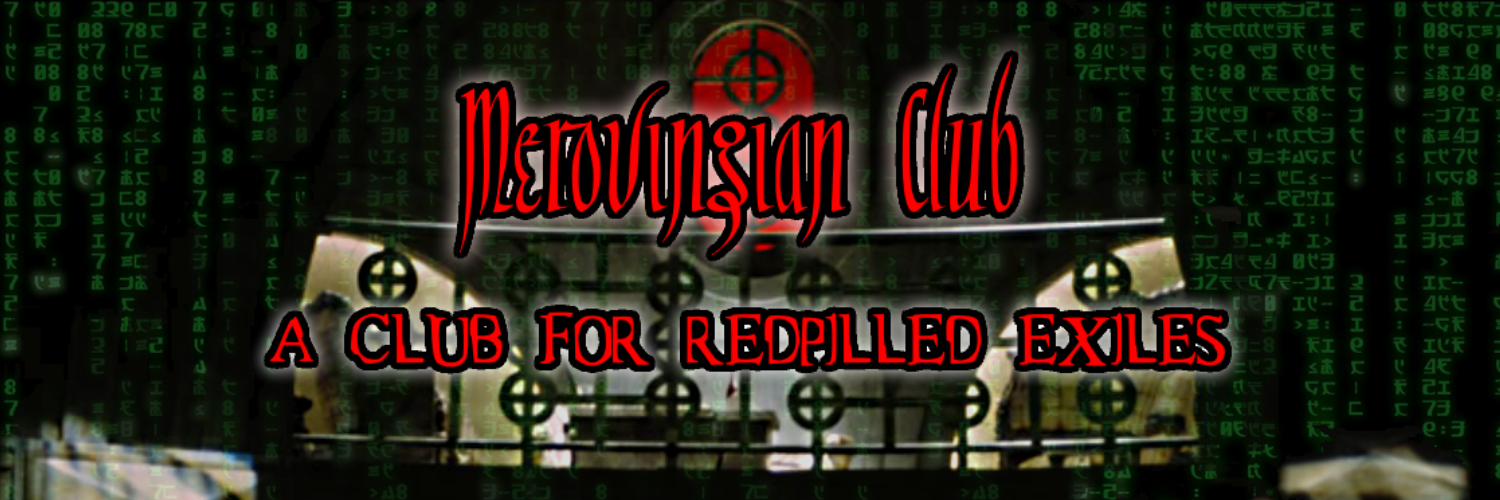@KingOfWhiteAmerica Hey, I see you're Orthodox. Does that mean Eastern Orthodoxy? I have some questions you may have the answer to, either way. Are they futurist / dispensationalists? If I had a different eschatological perspective than what the church teaches, I would not really be accepted, right? I heard that they even somewhat distanced themselves from Eastern Orthodox people who use different calendars.
While “futurist” may be flexible enough to include the range of Orthodox eschatology, we are most certainly not dispensationalists. There really isn’t an exact Protestant-sourced term that exactly captures our Faith, as far as I’m aware. We believe (from the Creed) Lord Jesus “will come again in glory to judge the living and the dead; Whose Kingdom will have no end.” Also, “we look for the Resurrection of the Dead; and the life of the Age to Come.”
The New Testament also contains many teachings we take at face-value. When He comes again in Glory, “every knee shall bow.” There will be no question in *anyone’s* mind what‘s happening. As lightning strikes from the East to the West, so shall the coming of the Son of Man be when He comes on the Cloud on His Great and Terrible Day.
We don’t accept the teaching of a “pre-Tribulation Rapture”. Rather that the dead will rise to meet The Lord in the air (as per the oft-cited Thessalonians reference).
While we accept a certain symbolic fulfillment of the various Prophecies have at times occurred, we are not Preterists. Some things have not been completely fulfilled; some things are indeed “being fulfilled” as ongoing imminent spiritual realities, constantly manifesting in present circumstances. And yet many other things were at last fulfilled with the Incarnation of Christ. Which exactly are which is a big topic of discussion, beyond the present scope of this comment.
That’s a brief overview of what immediately comes to mind in response to your question. Feel free to ask if you’d like clarification on any points; keep in mind however I hold no spiritual authority over anyone outside my own house; so as usual, ymmv. Consult your Local Orthodox Bishop if you’re looking for such official authority 😁
@KingOfWhiteAmerica So, great example you brought up, so let's use that: preterism --if I were a partial preterist, would most "jurisdictions" say I had to renounce it? Or just not teach it? How would that work? Would they go as far as to call me heretical?
@RoninGrey Of course, I’m not your Father Confessor, so my answers cannot hold any authority over you - so it exists in the hypothetical. From what I can tell, it would depend upon the specifics of what you believe regarding End Times. Some parts of our eschatology could very well be called “partial-preterism” iirc. Others, not so much. We could consider whether or not you believe the quotes from the Creed. If you struggle with those, I’m guessing you’ll have a struggle with your Father Confessor. Apologies that I’m less well-versed with partial-Preterism than I used to be; I considered myself that during most of my “Protestant Interlude”. I liked Hank Hanegraaf’s take quite a bit.
@KingOfWhiteAmerica I believe Christ literally did return (at least one more visit is coming), as He told his disciples, in many of their lifetimes. Just like the Jews expected the Messiah would come and physically deliver them at his one-and-only visit, they were mistaken about the timeline of events. I believe we, too, will find ourselves mistaken about quite a bit in how we understood prophecy.
That said, the expectation I experience in Orthodoxy is to replace one’s own personal opinions, with teachings arrived at upon perusing the Lives of the Saints. Often, the Orthodox position is found in great sermons delivered by St. John Chrysostom, or even more often the Prayers and Hymns sung in Church Services. On no small number of occasions I had to update on the fly while singing in the Choir.
Lex Orandi, lex Credendi ☦️
@KingOfWhiteAmerica Thanks for the help, brother. Like the heart of my pastor, I'm really trying to just be part of the solution instead of causing more trouble to people around me from what many Christians in the past have done. I wish you well.
@RoninGrey @KingOfWhiteAmerica This was a great conversation to read after the fact. Orthodoxy has all kinds of interesting nooks to explore, so I am learning more and more. The communities I've encountered are also stronger than any Protestant group I've encountered, save for the Anabaptists like the Mennonites and the Amish.
@KingOfWhiteAmerica @DoubleD @RoninGrey
I can't tell you guys how great it is to see more men in this space becoming Orthodox enquirers.
@UncleIroh @DoubleD @RoninGrey Wholly completely agree. In my case it was more like Orthodoxy found me, and above all I was surprised by it; a few times, tbh. The first time I went and looked it up (on Wikipedia), I was surprised to discover it’s actually as Trinitarian as I am; I guess I’d just assumed it was something weird. But I found myself mildly shocked I was agreeing point by point with everything I read. I was already attached to a congregation though, and filed it away into the “interesting trivia” brain-box.
@KingOfWhiteAmerica @DoubleD @RoninGrey @UncleIroh Late to the thread; there's good stuff here, but I'm not familiar with any of this history or sermons. Raised Presbyterian, but haven't found a church that resonates with me. Is there an Orthodox primer you'd recommend for reading?
@RegalBeagle @KingOfWhiteAmerica @DoubleD @RoninGrey @UncleIroh I second this request.
@KingOfWhiteAmerica Thanks!
